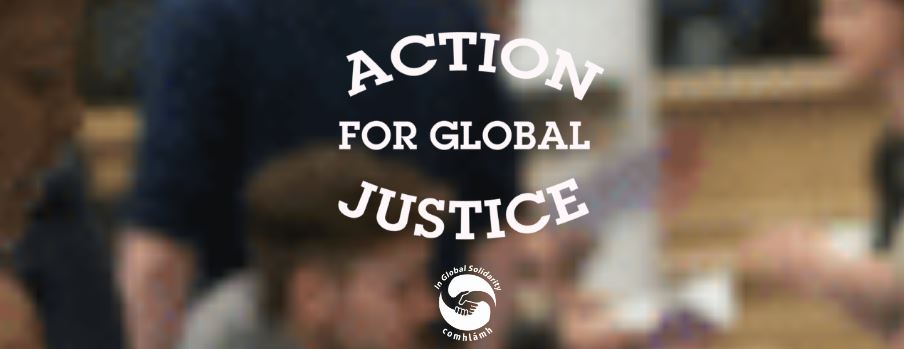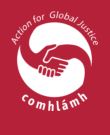
(6 Apr/ 4 May/ 1 June, 7PM; on Zoom)
Comhlámh’s First Wednesdays are back in April with a new Spring Series ‘Conflict and Migration through the lens of Solidarity’.
Comhlámh have three upcoming monthly #FirstWeds events, that hold in mind, Ukrainians and people of other countries ridden by war and conflict, who have been forced to leave their homes and cross borders in search of safety. What are some practical ways to extend support and solidarity from Ireland? And, as we extend this support and solidarity, how can we grow our understanding of the geopolitical contexts within which such calamitous events unfold? Moreover, how can we, from here in Europe, ensure a move beyond fortressed border policies and uphold our welcome to all people in need of refuge?
Over the next 3 months, Comhlámh invite you to join as they explore these questions and more. In the company of panellists from Europe’s East and beyond they want to deepen your understanding of the drivers of the conflict and migration that is being witnessed, and challenge the dualities of attitudes towards refugees. Comhlámh also aim (with some urgency) to consider the many ways we can be in solidarity with communities seeking refuge from war, violence and oppression in 2022, and with those supporting them on this dangerous journey.
#FIRSTWEDS SPRING SERIES EVENTS INCLUDE:
6 April, 7PM: PART 1 – SOLIDARITY WITH UKRAINE: Find out more and register
In April the panel, consisting of Ukrainian activists and those working on the frontline of the ongoing refugee crisis caused by the war, will discuss what expressions of support and solidarity from Ireland can look like. And, as we extend this support and solidarity, consider how can we grow our understanding of the geopolitical context within which this calamitous war is unfolding.
4 May, 7PM: PART 2 – SOLIDARITY IN CRISIS: Find out more and register
In the weeks following the Russian invasion of Ukraine, the open-armed approach of EU member states to those fleeing to the West has been warming. However, this reaction sits in sharp contrast to otherwise unyielding EU border policies. Indeed, in recent months these hard-line policies have blocked and impeded the efforts of many to find refuge and safety in Europe and have cost lives on land and at sea. We think of those fleeing Taliban rule in Afghanistan from mid-2021 onwards, the many thousands who were trapped at the Byelorussian-Polish border at the end of 2021 and those who continue to embark on long and dangerous journeys across the Mediterranean from North Africa. The April panel will take a closer look at the duality of attitudes towards refugees and how to use this moment to uphold our welcome to all people in need of refuge.
1 June, 7PM: PART 3 – CRIMINALISATION OF HUMANITARIANS ON THE EUROPEAN BORDERS: Find out more and register
In June, the panel will consist of migrant solidarity responders whose humanitarian work on European borders is increasingly threatened by false accusations, arrests and criminal charges.
Drawing on the recent prosecution of search and rescue volunteers Seán Binder, Sarah Mardini, and Nassos Karakitsos (Human Rights Watch has described their prosecution by the Greek authorities as the criminalisation of saving lives), we will take a closer look at a distressing pattern of attacks across the European Union on humanitarian efforts to help migrants and refugees.

